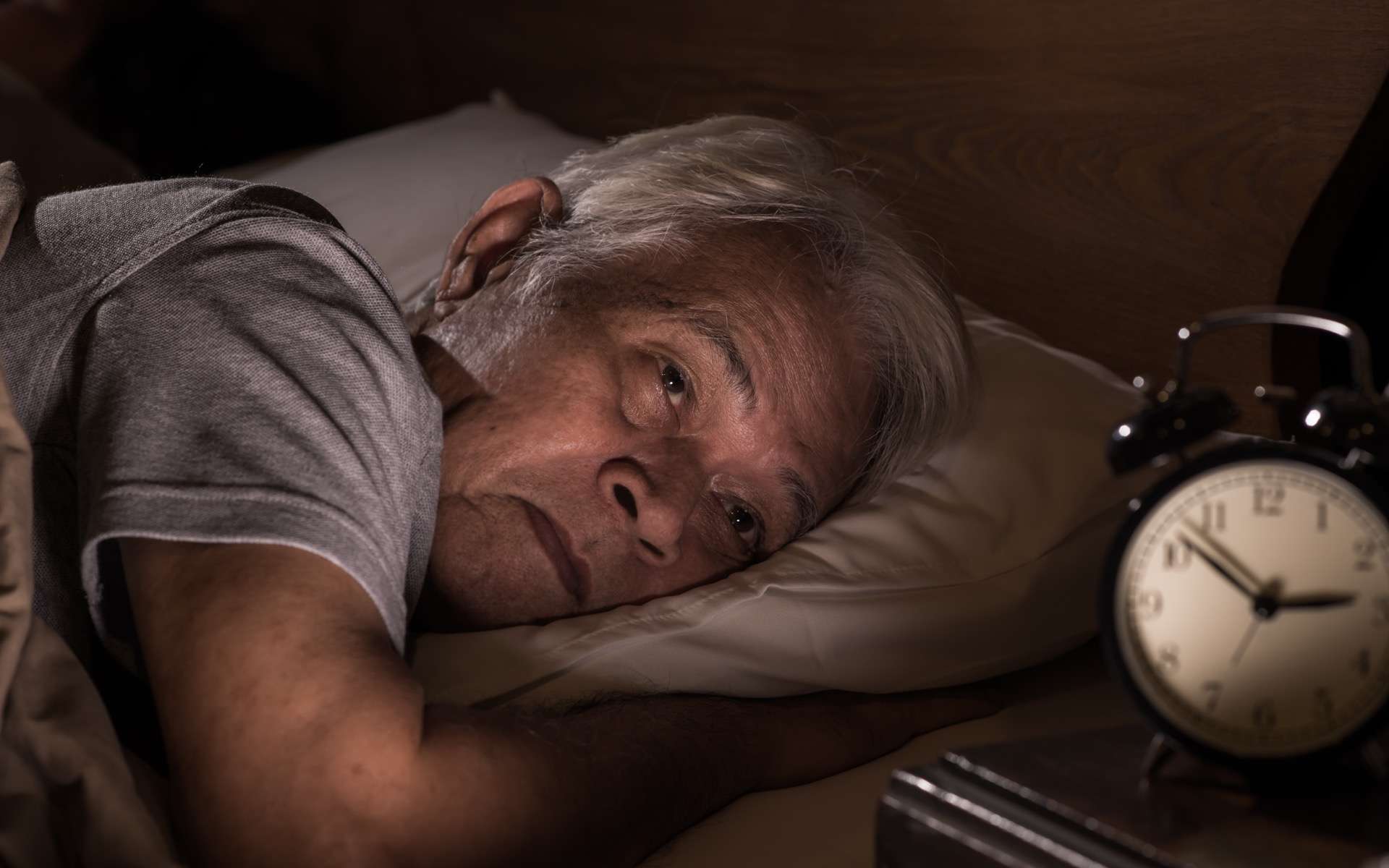The duration optimal de sleep changes according to the periods of life; children and teenagers need more sleep than adults and the elderly. According to a study published in Nature conducted on a Historically, a Roman legion had ten cohorts numbered from I to X. © Peter Bernik, Shutterstock
Cohort study
A study of…” data-image=”https://cdn.futura-sciences.com/buildsv6/images/midioriginal/9/e/4/9e4667b473_98839_cohorte.jpg” data-url=”https://www .futura-sciences.com/health/definitions/medicine-cohort-15863/” data-more=”Read more”>cohort of participants aged 38 to 73, there is an association between sleep duration and healthy brain function
Located in the cranial box, the brain is the seat of higher (cognitive functions, senses, nervous responses) and vegetative functions. It is therefore an essential organ that regulates all…” data-image=”https://cdn.futura-sciences.com/buildsv6/images/midioriginal/5/c/b/5cb474dd85_121782_cerveau-3d .jpg” data-url=”https://www.futura-sciences.com/health/definitions/biology-brain-3125/” data-more=”Read more”>brainboth structurally and functionally. The optimal sleep time would be seven hours for this age group.
These are the gyrus precentral, a motor region, the of the brain: the cerebral cortex, located under the meninges; of the kidney: the renal cortex is the part…” data-image=”https://cdn.futura-sciences.com/buildsv6 /images/midioriginal/0/7/9/0795c9d4a3_105668_cortex-definition-01.jpg” data-url=”https://www.futura-sciences.com/health/definitions/medicine-cortex-3186/” data-more =”Read more”>cortex orbifrontal, involved in decision-making, and the hippocampus is known to play a key role in the process of storing long-term memories and…” data-image=”https://cdn.futura- sciences.com/buildsv6/images/midioriginal/e/9/3/e93f683f8d_127038_hippocampus-fish.jpg” data-url=”https://www.futura-sciences.com/planete/definitions/zoology-hippocampus-4673/” data-more=”Read more”>seahorse, essential for short-term memory, which benefit the most from this moment of rest. The scientists who worked within this Sino-British collaboration note that not only deprivation but also excessive sleep are associated with significant cognitive decline. Thus, making up for a sleepless night with a sleep in does not seem to have any beneficial effect for the brain.
–


